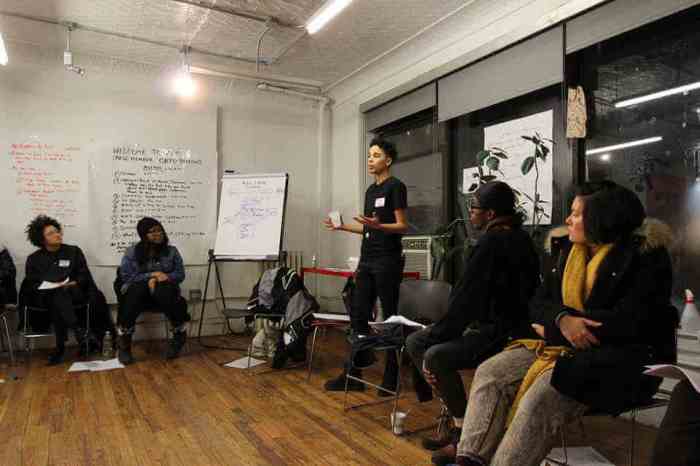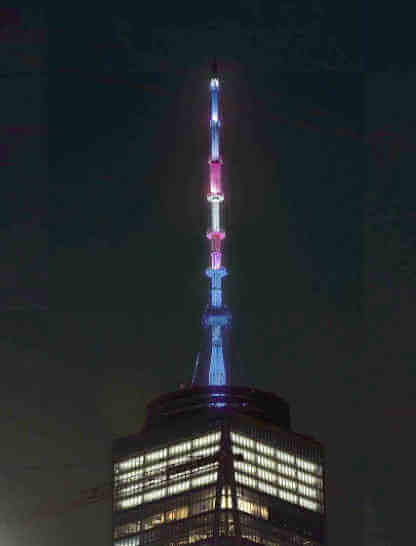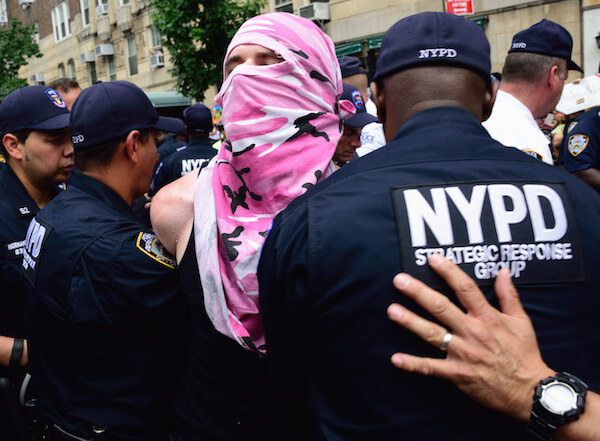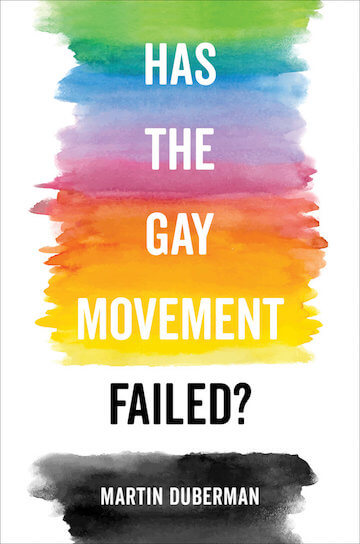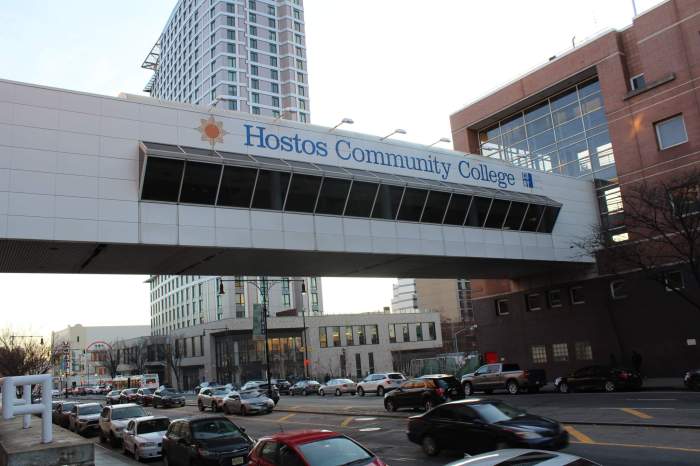
PHOTO ESSAY BY DONNA ACETO/ REPORTING BY PAUL SCHINDLER | On a humid Friday afternoon just two days before the LGBTQ Pride March, a crowd of several hundred spent an hour in Washington Square Park listening to speeches as part of Trans Day of Action, before devoting several more hours to marching around the Village.
The annual event, held June 23 and produced by the Trans Justice Now! initiative at the Audre Lorde Project, included bilingual English-Spanish discussions of topics ranging from the policing and incarceration of transgender and gender-nonconforming people to health care and housing disparities faced by the community.

For Stephanie Rodriguez, a 27-year-old from Queens who identifies as “queer,” the rally was her first-ever Pride event. Explaining that she comes from a strictly religious family, she said she came out “late in life,” but wants to be “with people like me” and “have fun.” Explaining she is still in the coming out process, she said she planned to be a part of the big parade two days later.
Ellen, a 30-year-old Manhattanite who declined to give her last name because she was absent from work without permission, said she provides housing and other services to low-income New Yorkers and has learned how few people in the helping professions “get transgender.”
“Raising awareness is really important,” said Ellen, who also planned to attend both the Dyke March on June 24 and the Pride Parade the next day.

Charles Whitewolf, who is black and prefers “they” and “them” as pronouns, said even within the transgender community there is pressure on gender-nonconforming people. “We’re still asked what we’re going to choose,” Whitewolf explained. “Every day, everywhere.”
For 23-year-old Holden Compton-Lujin of Queens, Trans Day of Action represented a chance “to show we are present.”
“As a trans individual, I’ve experienced discrimination in my life and against my community,” he said. “I think trans people are invisible, often times in the queer community.”
Compton-Lujin, who said his concerns are as basic as wanting to feel safe walking home in his Bushwick neighborhood, planned to also be “present” at the parade closing out Pride month on June 25.





























